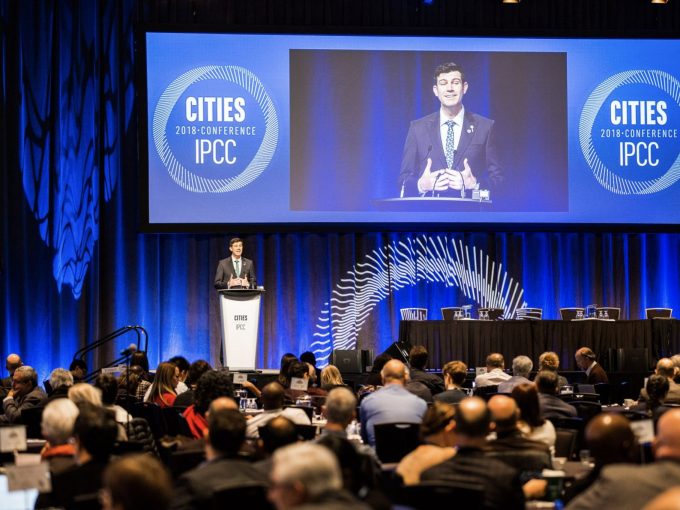Sustainability challenges blur the boundaries between academic disciplines, between research, policy and practice, and between states, markets and society. There is also significant policy interest in ensuring that the research undertaken by universities and other scientific organisations has impact.
However, it is also widely understood that generating usable knowledge that is ‘credible, salient, and legitimate’ is challenging.
Addressing these challenges is the focus on a new book Enhancing Science Impact: Bridging Research, Policy and Practice for Sustainability, co-authored by the Centre for Urban Research’s Brian Coffey with colleagues from Deakin University and the University of Tasmania.
Enhancing Science Impact provides a framework for better understanding the challenges involved in addressing sustainability problems and outlines strategies that can be used to design responses which help to better embed science into governance.
In a broad sense, the book provides insight into what exemplary scientists and organisations do to bridge the challenges posed by sustainability issues. Put simply, it asks how do they do it and how can their best practices be adapted for a diverse range of sustainability challenges?
Importantly, Enhancing Science Impact is not a list of recipes, and instead provides fertile resources and insights that enable researchers and science policy managers to learn by reflecting on their circumstances and applying ‘fit for purpose’ responses.
The central argument made is that while there are no silver bullets, it is possible to advance better solutions to sustainability problems through the design and application of ‘fit for purpose’ responses which link knowledge and governance in ways that stretch traditional science policy boundaries.
The book’s potential is clearly indicated in the foreword provided by Professor Daniel Sarewitz, Co-Director of the Consortium for Science, Policy & Outcomes and Professor of Science and Society, School for the Future of Innovation in Society, Arizona State University. For Professor Sarewitz Enhancing Science Impact
“beautifully meets the subtle challenge of providing conceptual tools and heuristics that can guide problem assessment and program design that help assure science’s contribution to the democratic pursuit of a sustainable future”.
Key features of the book include that it: is a highly readable and easily applicable guide; provides a conceptual model for improving the design and implementation of policy and management oriented science programs; and includes break out boxes that provide information on key concepts, cases, and approaches.
The book is derived from extensive (often participatory) field work undertaken as part of a four year project on science impact funded by the Commonwealth Government through the Commonwealth Scientific and Industrial Research Organisation. Hence, the approach is theoretically informed, empirically grounded, and practically useful.
The early chapters outline and evaluate dominant models of conceptualising the role of science, while the middle chapters provide a conceptual model for better understanding sustainability challenges based on the ways in which different propel or groups frame issues. Then based on an appreciation that all issues have particular ‘problem structures’ the later chapters outline different types of activities that scientists and science program managers can use to better work across boundaries. This range of activities encompasses better science communication and the use of boundary objects, through to knowledge brokering, and the establishment of inquiry processes and boundary organisations.
Enhancing science impact: bridging research, policy and practice, available through CSIRO publishing, is described as an
“indispensable guide for researcher leaders, science program managers and science policy advisers interested in ensuring that applied research can meaningfully contribute to sustainability outcomes”.
Enhancing Science Impact: Bridging research, policy and practice for sustainability by Peat Leith, Kevin O’Toole, Marcus Haward and Brian Coffey is publishing by CSIRO Publishing, Melbourne.
Biography
Dr Brian Coffey’s research and teaching interests centre on public policy and governance (particularly as they relate to the environment) and science-policy relations. He is particularly interested in exploring how issues are conceptualised in policy processes, and the implications this has for how they are addressed. He has published in a variety of national and international public policy and environmental policy journals. He previously worked as a research fellow at Deakin University, and was the recipient of an Alfred Deakin Postdoctoral Research Fellowship. Prior to completing his PhD, Brian worked within the Victorian public sector for 17 years in a variety of policy and planning roles, in both regional and Melbourne offices.





